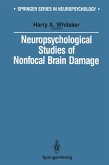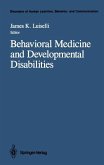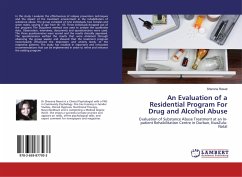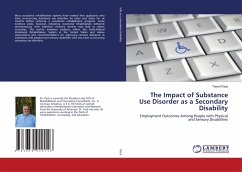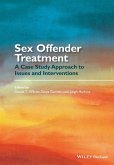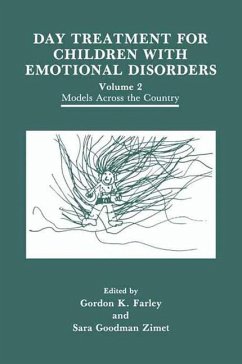This book approaches the treatment process from a new andyet old perspective. Eleven men who successfully desisted from substance abuseand offending were interviewed to determine how their significant therapeuticrelationships facilitated this life change. Data is integrated with a newpsychodynamic framework, relational analytic theory, which focuses clinicalattention on the qualities and processes of the therapeutic relationship. Atherapy model is developed which addresses how to attain and maintaintherapeutic engagement, treat client symptoms, and utilize therapeutic conflictto develop client capacity for internal conflict and personal agency, functionscritical to resolving addictive behavior. Societal and cultural obstacles totreatment are addressed including group stigmatisation, a lack of funding, and ourcurrent manual and group-based treatment protocols.
Bitte wählen Sie Ihr Anliegen aus.
Rechnungen
Retourenschein anfordern
Bestellstatus
Storno


